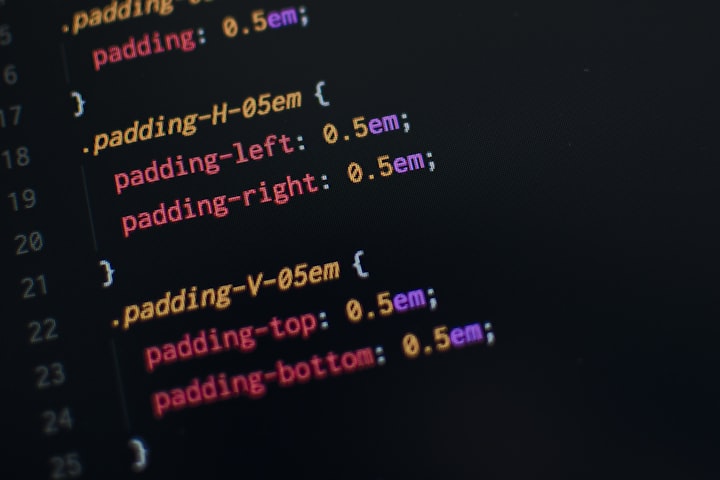How AI is transforming the hospitality industry
Some key ways AI is making an impact

Artificial Intelligence (AI) is revolutionising the hospitality industry, transforming both guest experiences and operational efficiency. Here are some key ways AI is making an impact:
Enhancing Personalisation: AI can personalise guest experiences by understanding preferences, recommending tailored services, and predicting needs. Luxury hotels use AI to enrich guest interactions while retaining a personal touch, while budget hotels focus on functional efficiency.
Optimising Pricing and Marketing: AI algorithms analyze complex data to refine pricing strategies, forecast demand, and improve revenue management. This ensures competitive pricing and effective marketing campaigns.
Improving Services at Lower Costs: By automating repetitive tasks, AI frees up hotel staff to focus on enhancing guest satisfaction. From check-in processes to concierge services, AI streamlines operations.
Post-Service Analysis and Customer Retention: AI provides deeper insights into guest satisfaction and performance. It helps hotels understand what works well and identify areas for improvement.
Staff Recruitment and Resource Management: AI can assist in evaluating potential property investments or renovations, optimising human resource utilisation.
What are some examples of AI-powered guest experiences?
Chatbots and Virtual Assistants: Hotels use AI chatbots to handle guest inquiries, room service requests, and provide information about amenities. These virtual assistants are available 24/7 and can respond instantly, enhancing guest satisfaction.
Personalised Recommendations: AI algorithms analyse guest preferences based on past behaviour, such as room choices, dining preferences, and activities. Hotels can then offer personalized recommendations for nearby attractions, restaurants, and events.
Smart Room Controls: AI-powered smart rooms allow guests to control lighting, temperature, and entertainment systems using voice commands. For instance, saying “Alexa, turn off the lights” adjusts the room environment seamlessly.
Predictive Maintenance: Hotels use AI to monitor equipment and predict maintenance needs. By analyzing data from HVAC systems, elevators, and other facilities, they can proactively address issues before they impact guests.
Automated Check-In/Check-Out: AI streamlines the check-in and check-out process. Guests can use self-service kiosks or mobile apps to complete these tasks quickly, reducing wait times.
Recommendations for Local Experiences: AI can suggest personalised local experiences based on guest profiles. Whether it’s a food tour, museum visit, or outdoor adventure, guests receive tailored recommendations.
What are some challenges in implementing AI for guest experiences?
Data Privacy and Security: Collecting and analysing guest data requires strict adherence to privacy regulations. Ensuring data protection and preventing breaches is crucial.
Integration Complexity: Integrating AI systems with existing hotel infrastructure can be complex. Compatibility issues, legacy systems, and seamless data flow are common challenges.
Guest Acceptance and Trust: Some guests may be hesitant to interact with AI-powered systems. Building trust and ensuring a positive experience are essential.
Bias and Fairness: AI algorithms can inadvertently perpetuate biases. Hotels must actively address bias during model training and deployment.
Cost and ROI: Implementing AI involves upfront costs for development, training, and maintenance. Hotels need to assess the return on investment (ROI) carefully.
Staff Training and Adaptation: Hotel staff must learn to work alongside AI systems. Training and change management are critical for successful adoption.
Overcoming these challenges requires a strategic approach and collaboration between technology experts, hotel management, and guests.
How can hotels address bias in AI systems?
Addressing bias in AI systems within the hospitality industry is crucial for fairness and ethical use. Here are some steps hotels can take:
Diverse Data Collection: Ensure that training data includes diverse samples representing various guest demographics. Biased data leads to biased models, so actively seek out diverse perspectives.
Bias Audits: Regularly audit AI models for bias. Identify and rectify any disparities related to race, gender, or other protected characteristics. Use fairness metrics to assess model performance.
Model Explainability: Choose interpretable AI models. Understand how decisions are made and which features contribute to predictions. Explainability helps detect and address bias.
Feature Engineering: Be mindful of features used in training. Avoid using sensitive attributes (e.g., race, gender) directly as input. Instead, focus on relevant features that don’t perpetuate bias.
Fairness Constraints: During model training, impose fairness constraints. For example, ensure that false positive rates are similar across different groups.
Regular Updates: AI models evolve with time. Continuously monitor and update them to address emerging biases and changing guest demographics.
Addressing bias is an ongoing process, and collaboration between data scientists, hotel management, and guests is essential.
In summary, AI is transforming the hotel industry at every level, from guest interactions to back-office operations. As technology continues to evolve, we can expect even more remarkable experiences for travelers! 🌟🏨
About the Creator
Enjoyed the story? Support the Creator.
Subscribe for free to receive all their stories in your feed. You could also pledge your support or give them a one-off tip, letting them know you appreciate their work.






Comments (6)
It definitely seems like AI will take over.
Nice work.
Good work. It seems that AI will take over but I hope a little slower. One day the robots will take over then what will we do.
This is true, things are changing. All thanks to AI.
Very interesting piece here. Many aspects of the world are changing so much because of AI - interesting yet scary!
ilike AI